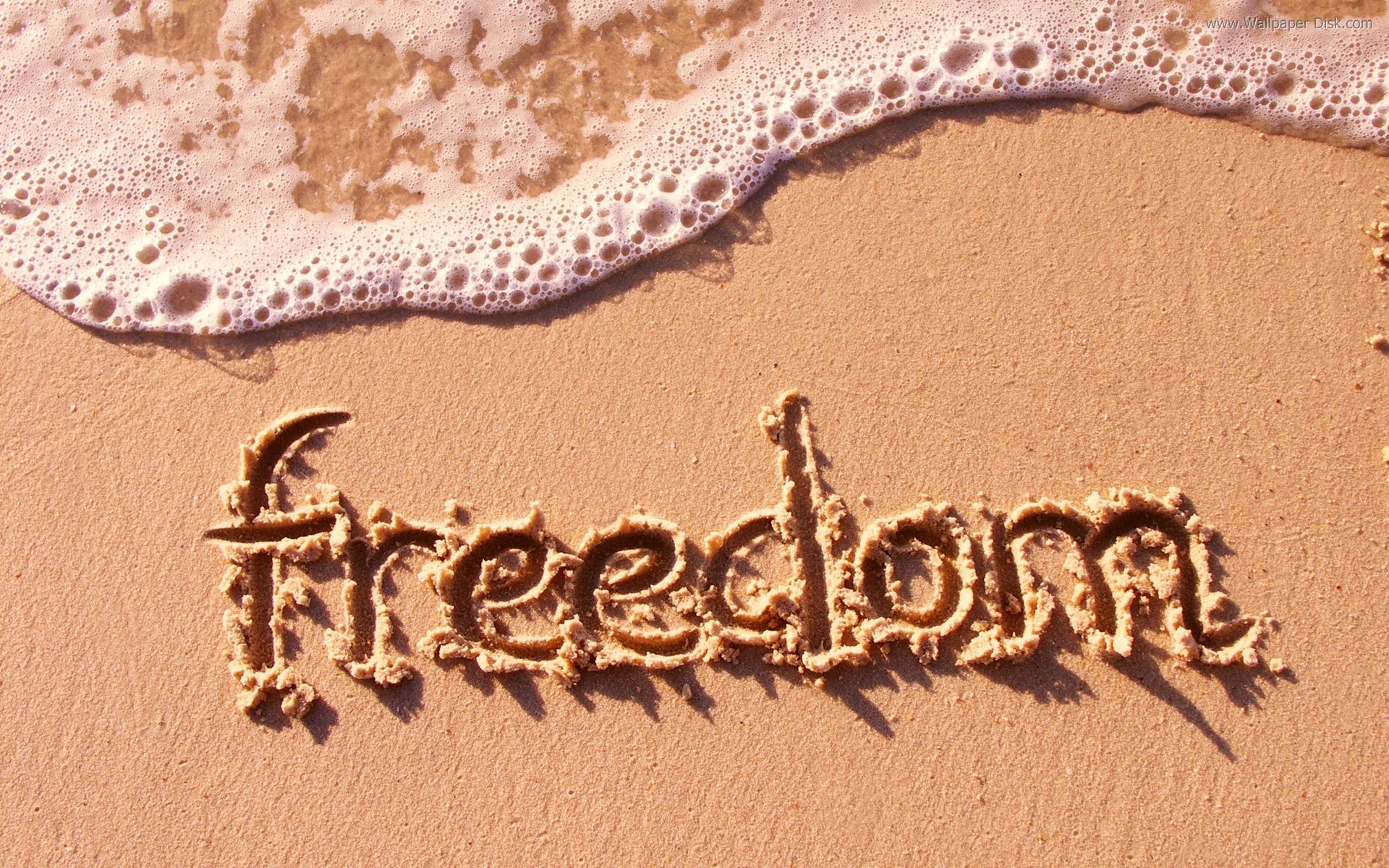
We are all familiar with the great saga of Passover. An enslaved nation, led by a mysterious man, breaks free from its bondage in Egypt. That mysterious man, Moses, managed to lead an entire nation out of the clutches of the most dominant empire at that time. He managed to overcome the empire‘s vast, well equipped trained army and lead the running slaves into the vast wilderness of Sinai. The slaves, the Hebrews, relied solely on the miracles performed by Moses on behalf of their mysterious G-D to provide them with their daily needs of water, food and protection in a lawless, very harsh environment.
This of course was not a small task considering an estimate of more than 2.5 million men, women and children leaving Egypt. History scholars have doubts about the story’s authenticity. For one thing, the Bible was written hundreds of years after these events took place and is based on generations of oral transmissions describing these events. Yet for millenia the story of Passover has been and still is a most profound story very dear to their hearts. Jews all over the world consider this annual telling of the Passover story, a symbol of their Jewishness, even if they do not follow other traditions throughout the year.
This story has a universal appeal because it deals with the most fundamental yearning of the human spirit, the yearning to be free. It is a story of the triumph of this yearning. It is a story of a people becoming a nation out of the depth of slavery solely because they become free. This point was reiterated to the Israelites by Moses who reminded them, “..at that day you became a nation” (Deuteronomy 27: 9.)
But freedom has many aspects and can be manifested in different ways. The individual physical freedom to live free and be as one wants to Be. This, of course, is guaranteed to us by the constitution that national freedom is the freedom of a nation to live its independent life. The idea of freedom being fundamental to life has reverberated in our Jewish psyche since the day the Hebrew slaves became a nation. It has lasted through our long history of suffering as well as exaltation. It is about the idea that we all value it as much as the air we breathe and the food we eat.
This year, with the hostages still not freed, Passover has even more significance. May our collective observance of Passover bring them home.
Happy Passover and Happy Freedom,
Rabbi David
Upcoming Events
Rabbi & Cantor's Messages
Infinite Child Institute
Give a Donation